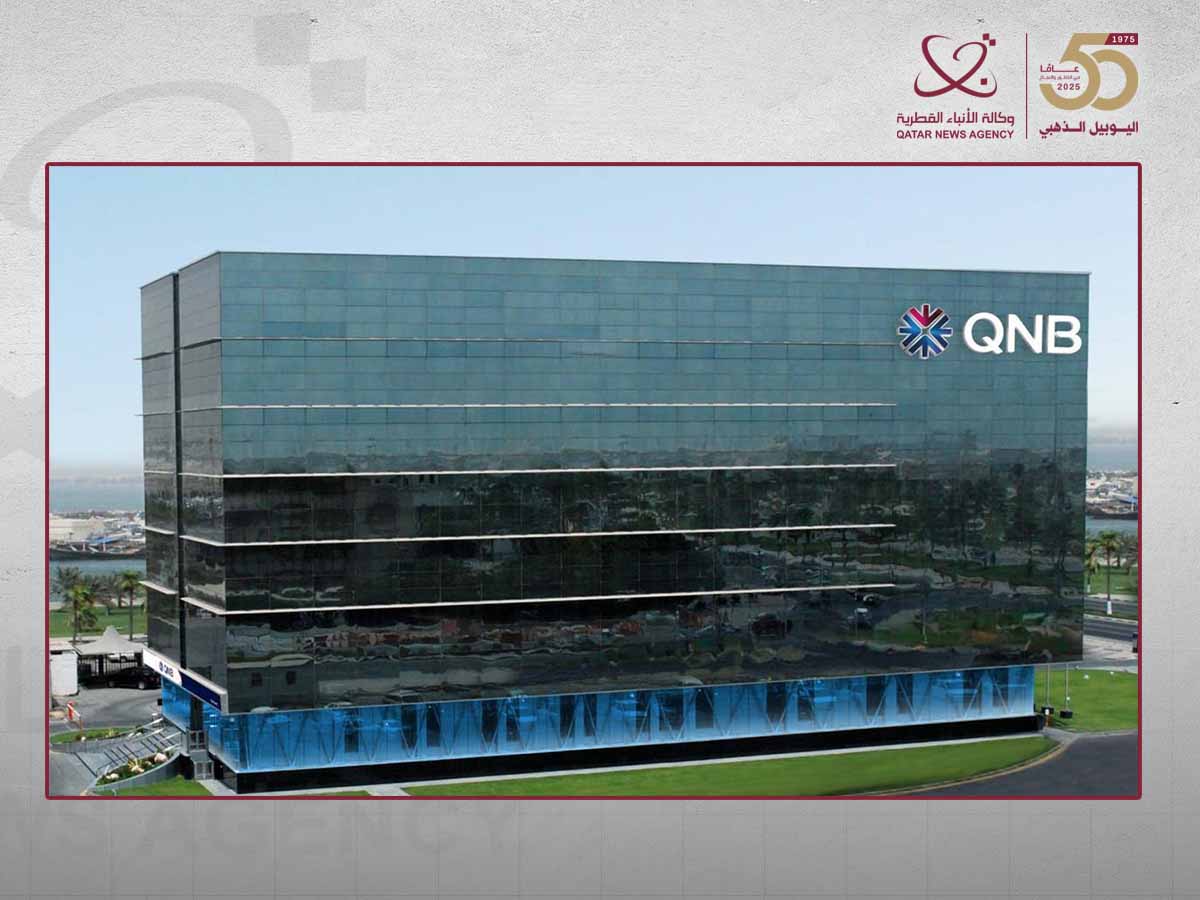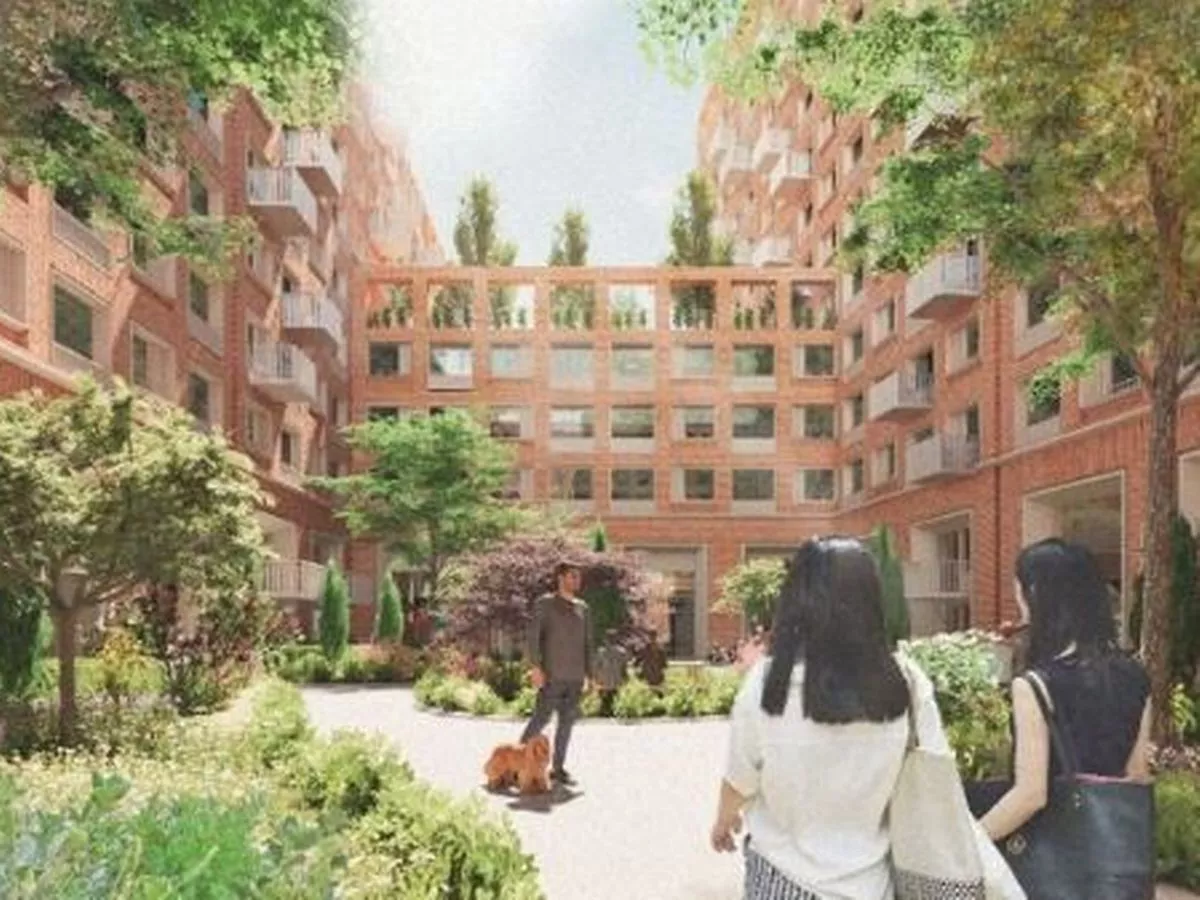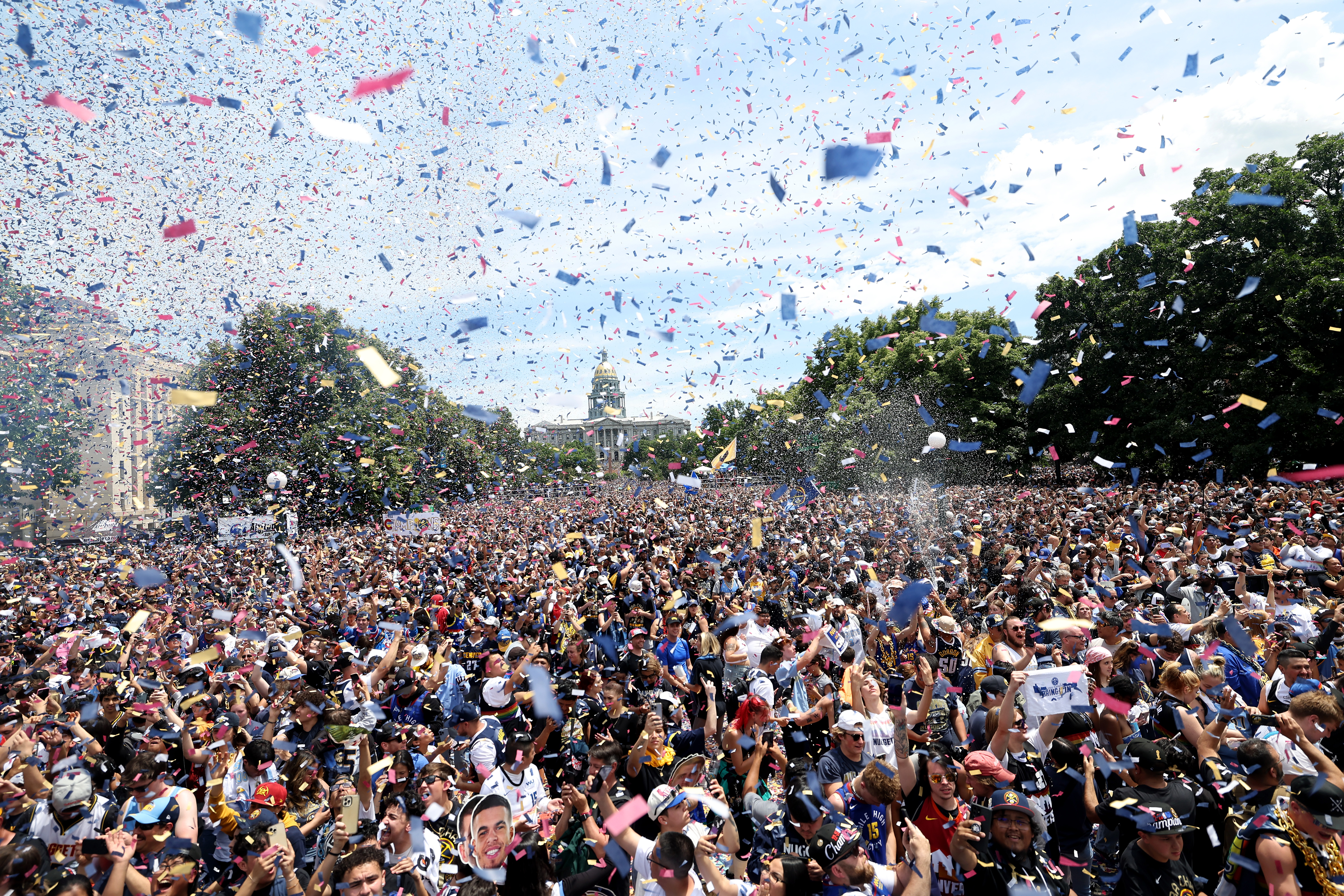Copyright qna

Doha, November 08 (QNA) - Qatar National Bank (QNB) expects Argentina's economy to face multiple challenges in the coming period, despite projected growth rates of 3.5 percent in both 2026 and 2027. In its Weekly Economic Commentary, QNB said, "Argentine President Javier Milei recently made global headlines with an unexpected and decisive mid-term electoral victory, consolidating the country's most disruptive political movement in decades. Coming onto the national stage just a few years ago as a libertarian outsider, famously wielding a chainsaw to symbolize his intent to slash public spending, his campaigns have centered on austerity, deregulation, and a rollback of state intervention in the economy. This marks a significant shift in a nation long dominated by interventionist and left-leaning Peronism. Combined with allies from the "Pro" party, his coalition may be able to gather sufficient additional support for deeper market-oriented reforms. "Since taking office in December 2023, Milei gradually began to reverse the economic trends inherited from his predecessor, with the country on the edge of hyperinflation, as prices rocketed by nearly 300 percent a year. By end-2025, inflation has fallen to around 30 percent, still painfully high but a significant turnaround by stabilization standards. Furthermore, his government delivered the country's first budget surplus in more than a decade, a symbol of restored fiscal discipline that few thought possible without major political resistance." "The fiscal adjustment has not been painless. After a sharp initial rebound from two years of recession in 2024, growth has stalled. Stagnant economic performance raised doubts about voter support before the recent mid-term elections. The political strain deepened when the Peronists secured victory in Buenos Aires in local elections in September this year, unsettling markets, with the currency depreciating and spreads on sovereign bonds rising sharply. Amid the turmoil, Milei turned to his ally US President Donald Trump, and a USD 20 Bn currency-swap package helped stabilize the peso and calm capital outflows." "Going forward, Javier Milei faces the decisive test of his presidency of turning early stabilization into durable growth. The recent elections have strengthened his position, giving his coalition enough presence in Congress to pursue long-delayed structural reforms and privatizations. Whether Argentina can pivot from emergency adjustment to a phase of sustained economic growth remains an open question. In this article, we discuss what in our view will be the main challenges for President Milei's administration going forward." The bank explained, "First, although the administration is placing reforms at the top of its agenda, it stands to face significant resistance from vested interests. At the top of the list are two major overhauls: a reform aiming at making labour markets more dynamic, and a broad tax reform to improve an overly complex revenue system. With stricter employment-protection legislation than regional peers, including high costs of hiring and onerous dismissal rules, a chronically large shadow economy of close to 50 percent of total employment has become engrained, dragging productivity. The tax system features 155 levies, with just 10 of them accounting for 94 percent of revenues, reflecting an inefficient and burdensome obstacle for companies. As a result, the economy has stalled in the last 15 years, with real GDP growing at an average of less than 1 percent per year. Reform proposals are certain to face resistance from the Peronist opposition and labour unions, but their approval would represent a decisive step to break a stagnant economic growth trend." "Second, Milei will need to regain confidence to attract investments consistent with strong growth and modernization of the country. Over the last 20 years, aggregate investment has amounted to an average of close to 17.5 percent of GDP, which is far below the 25-30 percent associated with robust performance of high-growth emerging economies. To reach this target, the country would have to close a gap of more than USD 60 Bn per year in investments relative to recent levels. The government developed its flagship investment framework, known as "RIGI" (acronym in Spanish for Regime of Incentives for Large Investments), offering long-term tax, customs and foreign exchange incentives for up to 30 years, applying to large-scale projects of more than USD 200 Mn. Until recently, committed investments through this initiative have reached only a fraction of the investment gap, mainly in infrastructure, mining and oil and gas, reflecting the need for a more stable environment to attract larger investments." "Third, the administration faces the test of securing macroeconomic stability and bringing inflation fully under control. Although the aggressive "chainsaw" phase may have passed, maintaining fiscal discipline and resisting political pressure for spending will be crucial to sustain recent gains, regain monetary stability and prevent a relapse into chronic deficits. The peso has depreciated over 50 percent so far this year, reflecting feeble confidence in the currency. Argentina's sovereign bonds continue to trade at spreads of over 6 percentage points above US Treasuries, underscoring the extraordinary risk premium demanded by investors. Restoring macroeconomic stability will require consistent policies to rebuild credibility." QNB concluded, "All in all, President Milei faces significant challenges. Growth is expected to reach around 3.5 percent in 2026 and 2027 which, although an improvement relative to recent years, it is not yet an exceptional performance for an emerging economy. More importantly, President Javier Milei faces the challenge of laying the foundations for long-term growth." (QNA)



